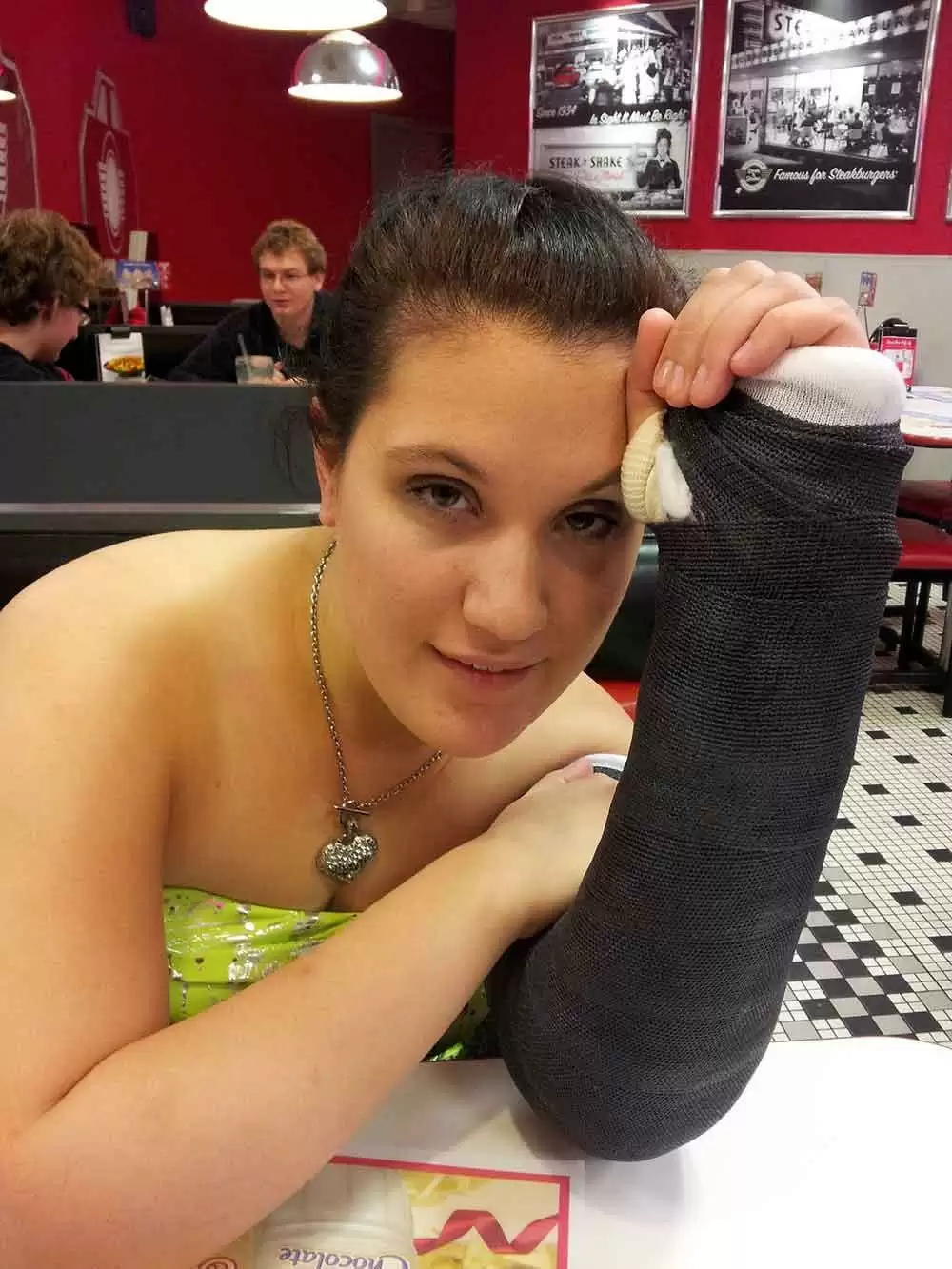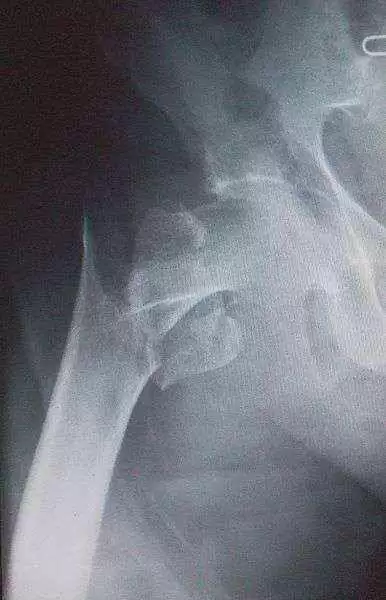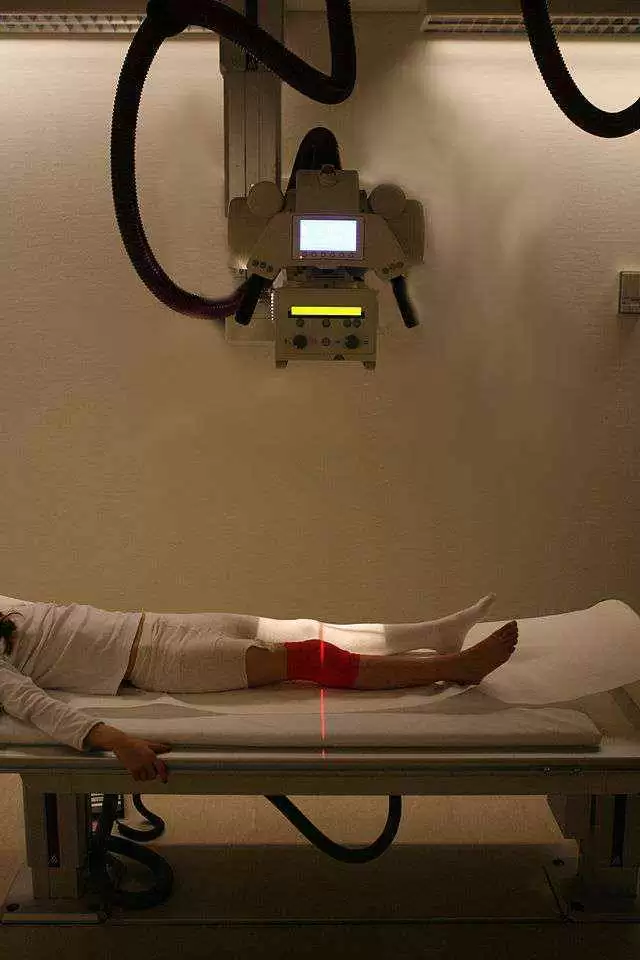
Celiac.com 01/28/2019 - Research shows that people with celiac disease have an increased risk of bone fractures, compared to the regular population, but there's not much good data on fracture risk in patients with dermatitis herpetiformis. A team of researchers recently compared self-reported bone fractures in patients with dermatitis herpetiformis against those with celiac disease.
The research team included C Pasternack, E Mansikka, K Kaukinen, K Hervonen, T Reunala, P Collin, H Huhtala, VM Mattila, and T Salmi. In all, they looked at self-reported fracture rates in 222 dermatitis herpetiformis patients, and in 129 control subjects with celiac disease.
Celiac.com Sponsor (A12):
The team provided a Disease Related Questionnaire and the Gastrointestinal Symptom Rating Scale and Psychological General Well-Being questionnaires to study members. They received 45 replies from the 222 dermatitis herpetiformis patients, and 35 replies from the 129 celiac disease control subjects. All patients had experienced at least one fracture.
Overall, cumulative lifetime fracture rates were about the same for both dermatitis herpetiformis and celiac disease patients.
Fractures More Common in Women with Celiac Disease
However, when the team looked at the cumulative incidence of fracture after disease diagnosis, they found a significantly higher risk in women with celiac disease than in women with dermatitis herpetiformis.
Acid Reflux and Proton-Pump Inhibitor Connection
Interestingly, both dermatitis herpetiformis and celiac disease patients with fractures reported more severe reflux symptoms compared to those without. Dermatitis herpetiformis and celiac disease patients with fractures also reported using more proton-pump inhibitor medication. More research needs to be done to explore this connection.
To sum it up, self-reported lifetime bone fracture risk is about the same for both DH and celiac disease patients. However, after diagnosis, fracture risk is higher in women with celiac disease than in women with dermatitis herpetiformis.
This means that women with celiac disease need to work with doctors to keep a tight eye on bone integrity, even when eating a gluten-free diet.
Source:











Recommended Comments
Create an account or sign in to comment
You need to be a member in order to leave a comment
Create an account
Sign up for a new account in our community. It's easy!
Register a new accountSign in
Already have an account? Sign in here.
Sign In Now